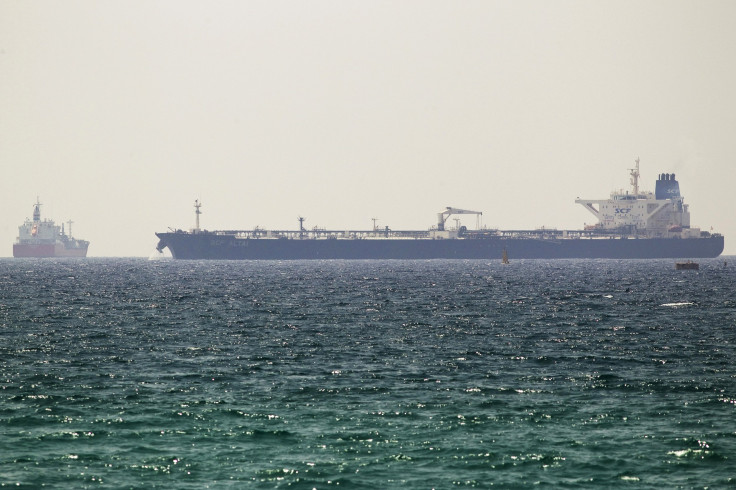Kurds Look For Oil Buyers As Tension With Iraq Increases

After weeks of the Kurds seeking a buyer for a large cargo of oil from the semi-autonomous region of Kurdistan in Iraq, the cargo remains floating on the Mediterranean Sea amid conflicting ownership claims with Iraq’s central government.
The ship has been tracked to waters near Israel's Ashkelon port and Reuters reported that the oil tanker is expected to dock early on Saturday, although it was not clear whether the millions of barrels on board the SCF Altai tanker had been sold to a local refiner or was going to be stored. "We do not comment on the origin of crude oil being imported by the private refineries in Israel," according to an Israeli energy ministry spokeswoman quoted by Reuters.
“If that tanker docks, Iraq’s Kurdistan Regional Government (KRG) will take an important step toward independence,” Nihat Ali Ozcan, an analyst at the Economic Policy Research Foundation in Ankara, Turkey, told Bloomberg.
Facing legal threats from Baghdad, European governments have been wary of accepting the contentious cargo that left the Turkish port of Ceyhan in early June.
The KRG exported the crude via a new pipeline from the autonomous region in Iraq to the Turkish port of Ceyhan. The pipeline's construction, designed to bypass the central government's own pipeline network, is at the center of the ongoing row between Baghdad and the Kurds.
Baghdad and the KRG have been locked in a dispute over the right to sell oil produced in the autonomous region for months. Both parties insist that Iraq's constitution allows them to export the oil independently.
The KRG, which accuses Baghdad of withholding government funds it is owed, has long sought to increase its financial independence from the central government.
The SCF Altai tanker loaded the disputed crude from the United Emblem tanker during a ship-to-ship transfer near Malta, ship- tracking data showed. The United Emblem was the second shipment of Kurdish crude to leave the port of Ceyhan. The first, United Leadership, remains at sea.
Kurdish administration representatives denied on Friday that they’re offering the load at half-price, according to a Bloomberg report.
Kurdish armed forces wrested control of Iraq’s key northern oil city, Kirkuk, from Islamist militants, who in turn took control of the city from the Iraqi army last week. The Kurds have long claimed the city should be a part of their autonomous region. Selling the oil would allow the Kurdish region to become one step closer to financial independence from Iraq and feed its expanding territory’s economy.
The Kurdish government views the oil exports as within its rights under the Iraqi constitution.
“The big question is, who will control the oil? Counterparts in Baghdad did not identify ‘right’ or ‘wrong’ KRG actions – they just wanted to control the issue completely,” KRG Prime Minister Nechirvan Barzani said on June 4 in an address to parliament. “We do not view this issue as a path toward Kurdistan’s independence but rather as the expression of our constitutional rights… upon which we agreed when we returned to Iraq in 2003 and 2004, and they have to be implemented in Iraq.”
Turkey also sees the Kurdish oil, exported through its Mediterranean port of Ceyhan, as “entirely legitimate,” Turkey’s energy minister, Taner Yildiz, told Bloomberg. At the World Petroleum Congress in Moscow this week, he said the next shipment of oil is scheduled for Sunday. Currently, he noted, 100,000 to 120,000 barrels of oil flow each day from northern Iraq, and 2.3 million barrels of oil are stored in Ceyhan.
According to Bloomberg, Iraq’s Deputy Prime Minister Hussain al-Shahristani said on Iraqi television network Al Iraqiya Tuesday that “the Iraqi people won’t forget those who conspired against them during tough times,” and “Turkey should be aware that this is like playing with fire. This is plundering the wealth of Iraq.”
© Copyright IBTimes 2024. All rights reserved.





















